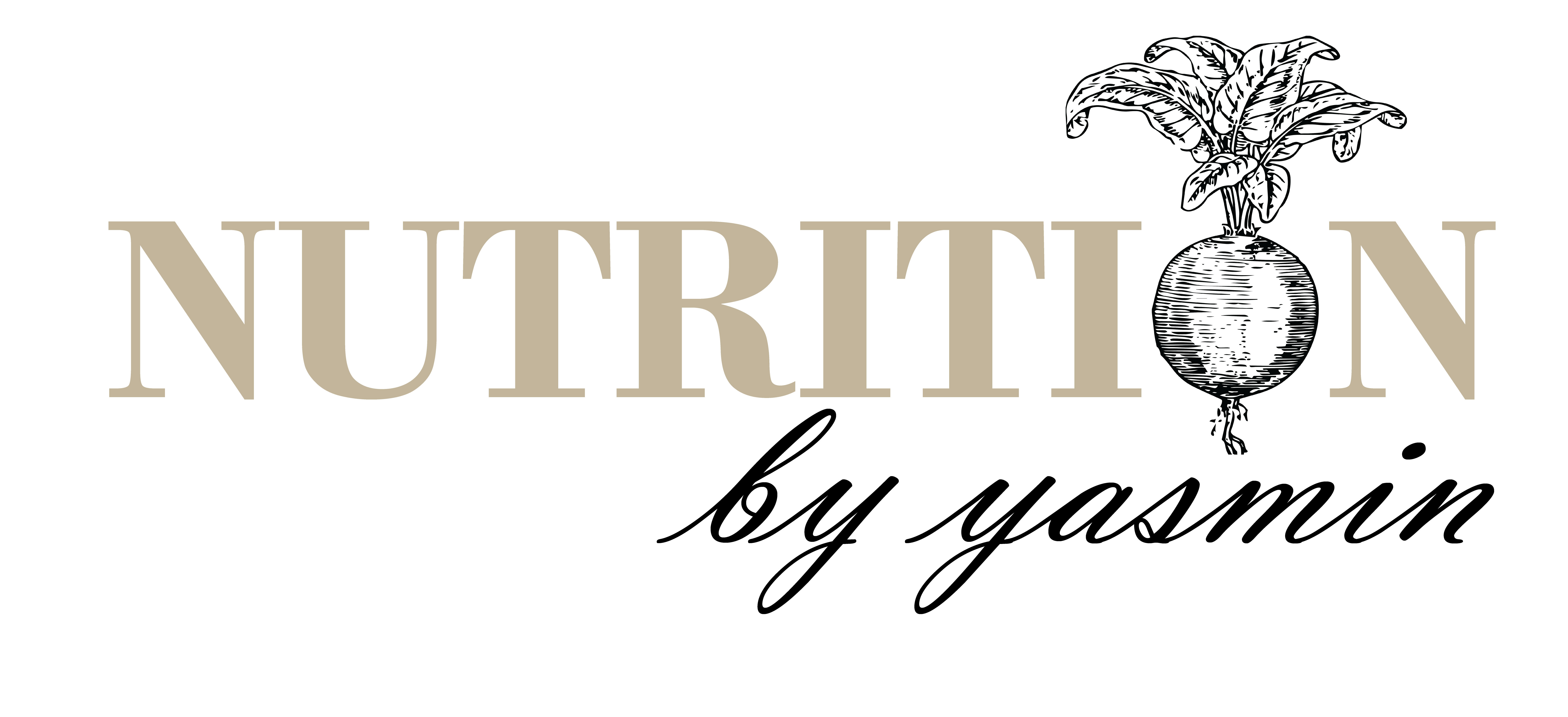To caffeinate or not to caffeinate?
Whether coffee is good for us is a controversial topic, and to be honest there isn’t a straightforward answer to this one. Some of us cannot fully function without a morning coffee, whilst others will feel caffeine has no effect on how they feel or function, and this is mainly due to genetic differences1.
What is caffeine?
Caffeine is a natural stimulant which is found in many foods/drinks that can have effects on the central nervous system. It is one of the most commonly used psychoactive substances in the world. The main sources of caffeine in an average diet are:
- Coffee
- Tea leaves
- Cocoa beans (chocolate)
- Energy drinks
- Supplements
- Medications
So, lets have a look a little more closely at what some of the pros and cons of consuming caffeine/coffee are.
Pros
May reduce the risk of certain diseases
- Research has shown that drinking coffee may reduce the risk of type 2 diabetes and hypertension and have a neutral-beneficial effect regarding the risks of coronary heart disease, congestive heart failure, arrhythmias and stroke2 (based on 2-3 cups of coffee daily).
Increases alertness
- Due to its stimulative effects, caffeine may enhance feelings of alertness.
Enhances sport performance
- Caffeine can enhance sport performance, especially during high intensity exercise, such as team sports (which are categorised by intermittent activity with a prolonged duration) 3. It’s important to note that this is a generalised effect and your personal response and ability to detoxify caffeine may produce different effects.
Stimulate bowel movements
- Caffeine (generally in the form of coffee) has been shown to promote peristalsis (the contraction and relaxation of intestinal muscles that results in a bowel movement). Coffee consumption may also be associated with looser stools due to faster movement through the gastrointestinal tract, therefore leaving less time for re-absorption of water.
Source of antioxidants
- Coffee is a source of antioxidants, which are capable of mopping up free radical damage in the body 4.
Cons
May attenuate anxiety
- Caffeine intake may actually enhance feelings of anxiety due to its stimulatory effect on the central nervous system.
Reduce iron absorption
- Caffeine contains a compound called tannins, which can inhibit iron absorption. It is recommended to consume coffee, tea and red wine away from meals due to this effect. Opposing this, consuming a source of vitamin C (kiwi, oranges, broccoli, red pepper, tomatoes) can enhance the absorption of iron, especially important for plant-based eaters.
Pose risks during pregnancy
- Research shows that caffeine intakes over 200mg per day can pose risks such as miscarriage or low birth weight 5,6. Therefore, limiting caffeine intake during pregnancy is important. Opting for decaf tea/coffee or naturally caffeine free drinks such as ginger, peppermint and chamomile instead is a way to manage this.
May effect sleep
- Caffeine has a half-life of about 6 hours, meaning half of the caffeine content of a coffee consumed at 3pm will still be circulating in the blood stream at 9pm. For those with existing trouble falling asleep, limited your caffeine intake to before 12 noon could help with this.
May increase rates of bone loss women
- Caffeine intakes over 300mg daily can increase the rate of bone loss in the spine in postmenopausal women7.
The bottom-line
As you can see, there are both pros and cons to consuming coffee and caffeinated products, and ultimately it is down to personal choice and you as an individual (taking into account current health status). If you are currently not a coffee/caffeine drinker, then I wouldn’t encourage you to start consuming multiple coffees per day, however if you are a regular coffee drinker, then I would advise you to aim to consume your caffeine before 2pm, assess how much caffeine you are drinking daily, be cautious during pregnancy and be aware of the effects it may have if you are having trouble with any of the areas listed above.
*** This blog post is not intended or implied to be a substitute for seeking professional medical advice, diagnosis or treatment. Information provided here is general and is not intended to treat, diagnose, prevent or cure any diseases or conditions. Please contact your GP or private health consultant if you have any personal health concerns, or consult a registered nutritional therapist for personalised dietary and lifestyle advice and guidance.
References:
- Yang, A., Palmer, A. A., & de Wit, H. (2010). Genetics of caffeine consumption and responses to caffeine. Psychopharmacology, 211(3), 245–257. doi:10.1007/s00213-010-1900-1
- O’Keefe, J.H., Bhatti, S.K., Patil, H.R., DiNicolantonio, J.J., Lucan, S.C. and Lavie, C.J., 2013. Effects of habitual coffee consumption on cardiometabolic disease, cardiovascular health, and all-cause mortality. Journal of the American College of Cardiology, 62(12), pp.1043-1051.
- https://jissn.biomedcentral.com/articles/10.1186/1550-2783-7-5
- Brezová, V., Šlebodová, A. and Staško, A., 2009. Coffee as a source of antioxidants: An EPR study. Food Chemistry, 114(3), pp.859-868.
- Jahanfar, S. and Jaafar, S.H., 2009. Effects of restricted caffeine intake by mother on fetal, neonatal and pregnancy outcome. Cochrane database of systematic reviews, (2).
- Weng, X., Odouli, R. and Li, D.K., 2008. Maternal caffeine consumption during pregnancy and the risk of miscarriage: a prospective cohort study. American journal of obstetrics and gynecology, 198(3), pp.279-e1.
- Prema B Rapuri, J Christopher Gallagher, H Karimi Kinyamu, Kay L Ryschon, Caffeine intake increases the rate of bone loss in elderly women and interacts with vitamin D receptor genotypes, The American Journal of Clinical Nutrition, Volume 74, Issue 5, November 2001, Pages 694–700
